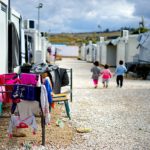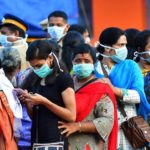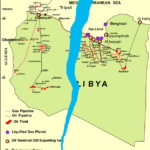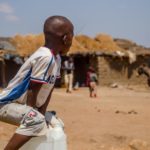The impact of COVID-19 pandemic on SDG attainment in Afghanistan
COVID-19 has constrained many of the ongoing SDG-readying support provided to the Government of Afghanistan and may have major implications for judicious and long-term development policymaking and programming that are needed to achieve the priority SDG targets in Afghanistan.
Not a burden: rethinking refugee camps and protracted displacement
The short-termism and managerialism that has become essentially ubiquitous in refugee camps has led, and continues to lead, to a perception of refugees as a burden.By explicitly politicising the refugee camp space, facilitating a growth of agency and self - determination, as well as promoting human capital development and its investment in the camp, this perception can be proven to be erroneous. Refugees are only a burden if you treat them as such.
Unconventional responses to unconventional time – Lessons from the Indian state of Kerala’s successful...
Timely interventions and health actions are not the only aspects that enabled the Kerala model of COVID-19 response to be unique. It focused a lot on preparing Kerala as a society to face this adverse condition by building people’s trust in its health system.
Will Libya partitioned into East and West Libya in 2020?
The main players in the Libyan crisis are now Russia, the UAE, France and Egypt on one side and Turkey and Italy on the other. The biggest threat is the fact that these countries are not concerned with the territorial integrity of Libya. Economic and strategic interests are what brought them to Libya.
Malawi: Navigating between natural disasters, economic vulnerability, and donor dependency
50 years of political independence have not brought Malawi much closer to building the society, economy, and structures that would allow it to also become independent of foreign aid.












